In 2025, Huawei still insists on “not making cars”, but the price of the M9 has reached 800,000 yuan, even comparable to luxury brand flagship SUVs such as Mercedes-Benz GLS and BMW X7. Huawei does not make cars in person, but it can make a domestic car sell at such a high price. What does it rely on? So, Huawei will not make cars in 2025, but how can the M9 sell for 800,000 yuan?
1. Huawei “does not make cars”, but it has enough technology
Although Huawei does not make cars, the core competitiveness of the M9 comes almost entirely from Huawei technology. From smart driving to smart cockpit, to electric drive system, Huawei’s “full stack empowerment” makes the M9 a smart car with “Huawei inside”. ADS 3.0 Advanced Intelligent Driving: In 2025, Huawei ADS 3.0 has achieved L4 level autonomous driving in some scenarios, and urban NCA covers 99% of the roads in the country. The map-free solution allows car owners to completely bid farewell to high-precision map dependence. Hongmeng 4.0 Intelligent Cockpit: Multi-screen linkage, AI voice assistant, full-scenario ecological interconnection, the cockpit experience of the M9 even surpasses Tesla. Huawei DriveONE electric drive system: ultra-low energy consumption, ultra-long battery life, with Huawei AI energy management, the battery life achievement rate ranks first in the industry. These technologies allow the M9 to crush traditional luxury brands in terms of intelligence, and even surpass some new forces.
- SERES manufacturing + Huawei empowerment, quality benchmark million luxury cars
Although Huawei does not manufacture cars, SERES has greatly improved its manufacturing process under Huawei’s strict standards. The M9 adopts an all-aluminum chassis, air suspension, and CDC variable damping shock absorption. The body rigidity is higher than that of the Mercedes-Benz GLS, and the NVH performance is comparable to that of Rolls-Royce. In addition, Huawei’s quality control team is deeply involved in supply chain management to ensure the reliability of every component. This “Huawei standard” allows the luxury of the M9 to compete head-on with BBA.
3. Precise positioning: high-end family & business market
The price of 800,000 is aimed at high-net-worth families and corporate executives. The M9 offers a six-seat luxury layout, with zero-gravity seats, car refrigerators, projectors, and even supports Huawei conference systems, allowing seamless switching between mobile office and family travel.
In contrast, the BMW X7 and Mercedes-Benz GLS at the same price are “traditional” in terms of intelligence and comfort. The M9 redefines luxury with technology.
4. Brand premium: Huawei’s high-end image endorsement
Although the car logo is not “HUAWEI”, consumers know that the core technology of the M9 comes from Huawei. Huawei’s high-end image in mobile phones, 5G, chips and other fields naturally migrates to cars. In 2025, Huawei Smart Car’s brand recognition is comparable to Tesla’s. In the minds of some high-end users, the technological attributes of the M9 are even more attractive than those of BBA. In 2025, Huawei will not make cars, but why does the M9 sell for 800,000 yuan? Huawei does not make cars, but the success of the M9 proves that the future competition in the automotive industry is no longer a competition of brand logos, but a competition of intelligence, user experience and ecological integration. The M9, which sells 800,000 yuan, is not a car, but Huawei’s technological ecosystem.

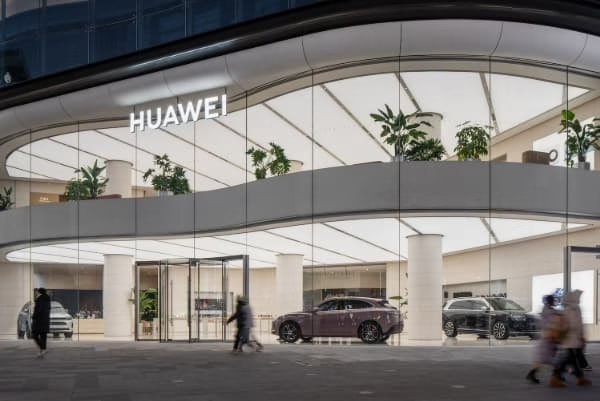
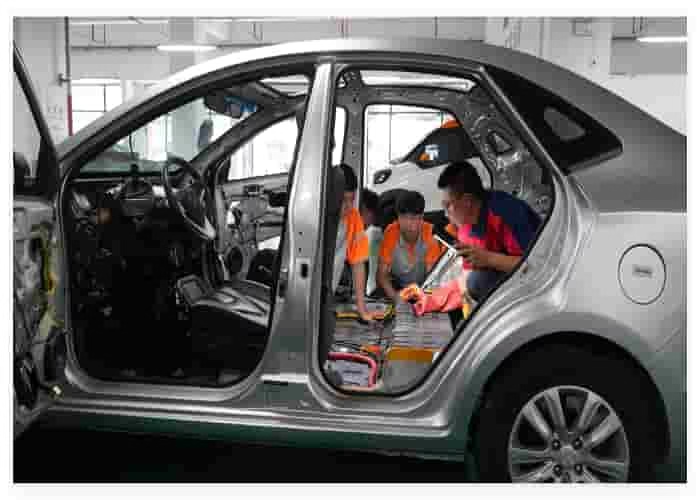
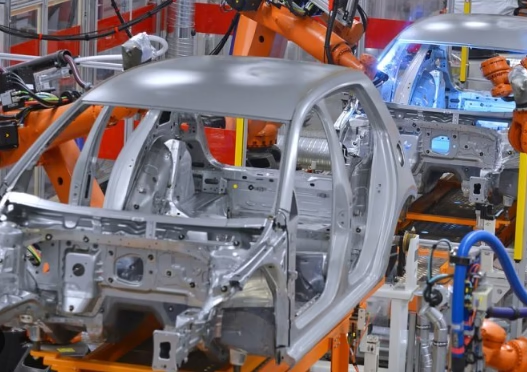
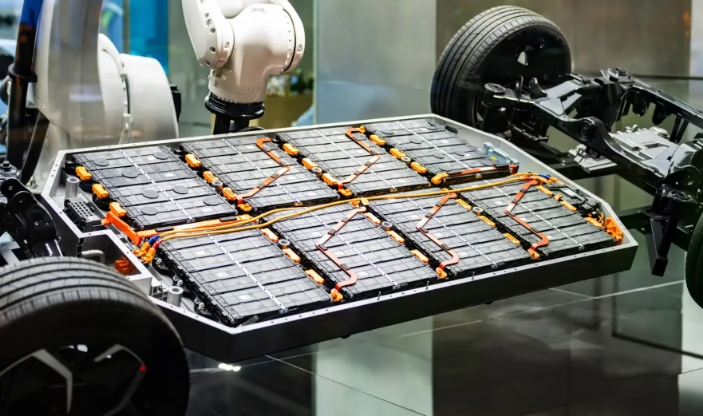
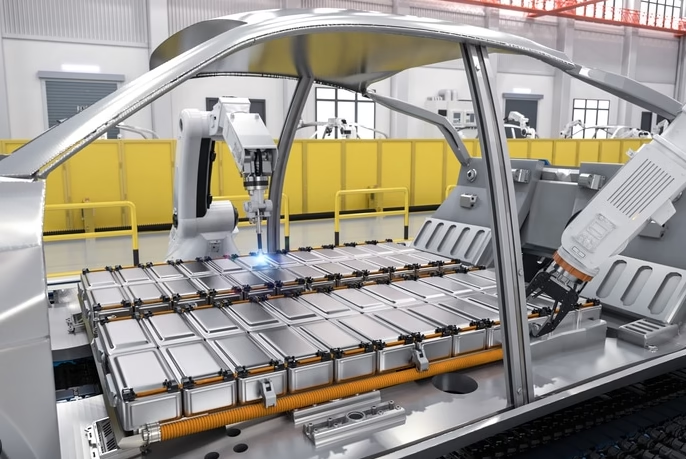
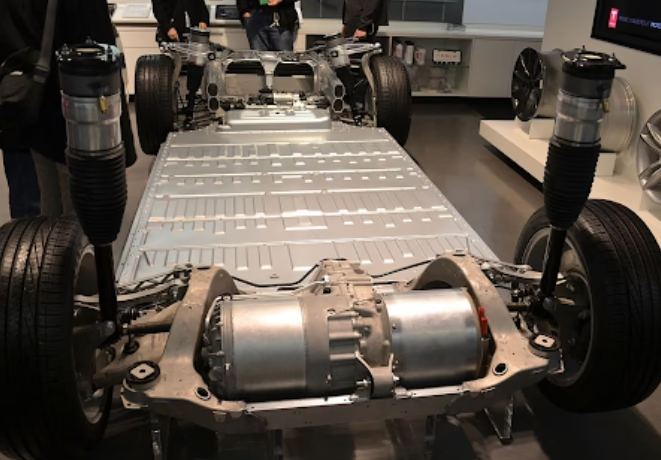
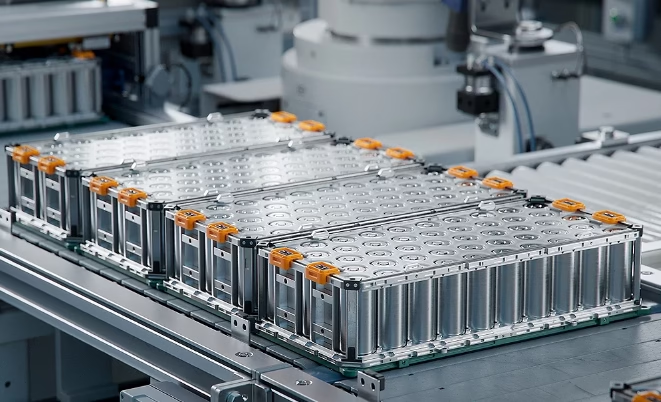
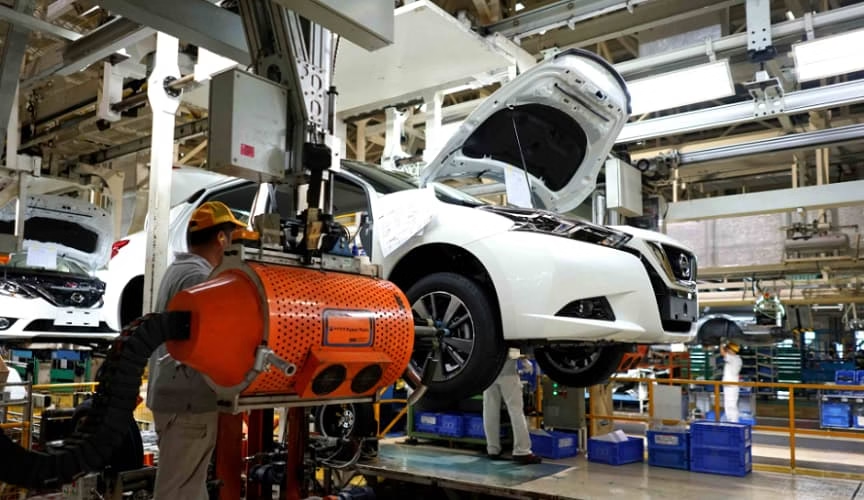
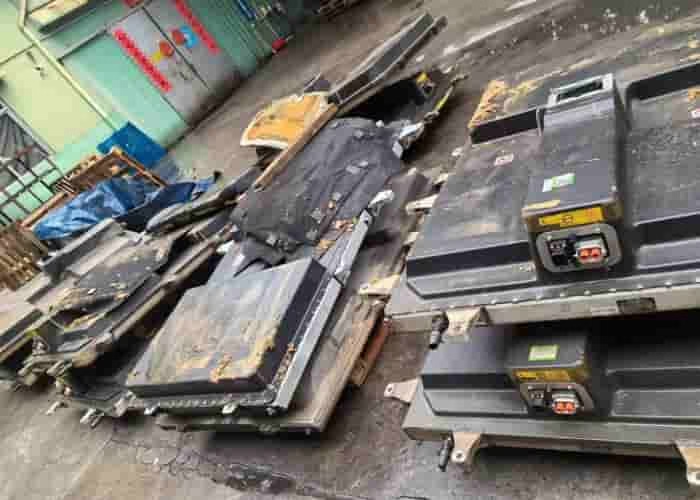
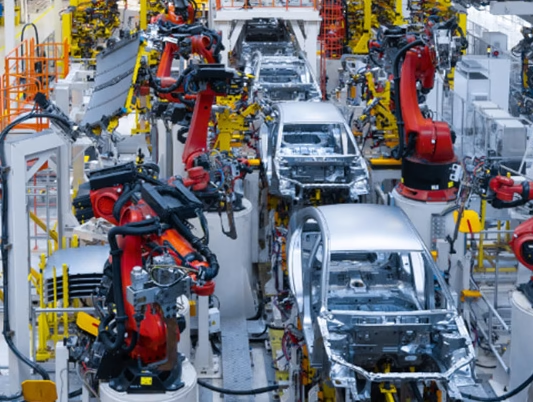
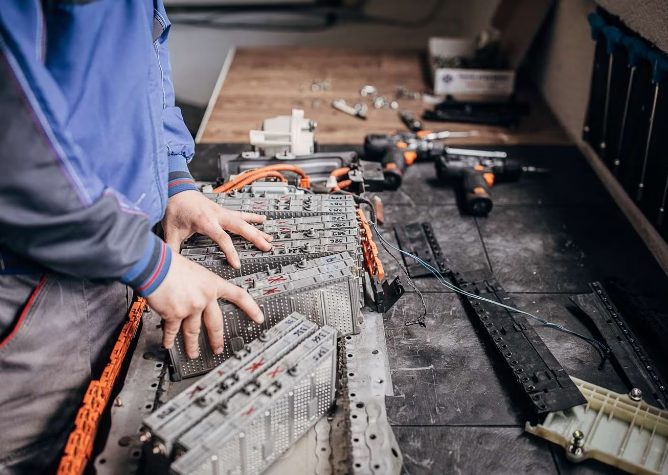
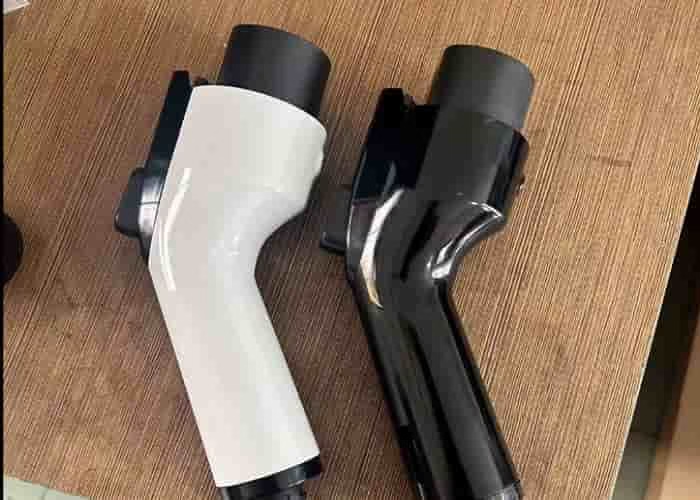

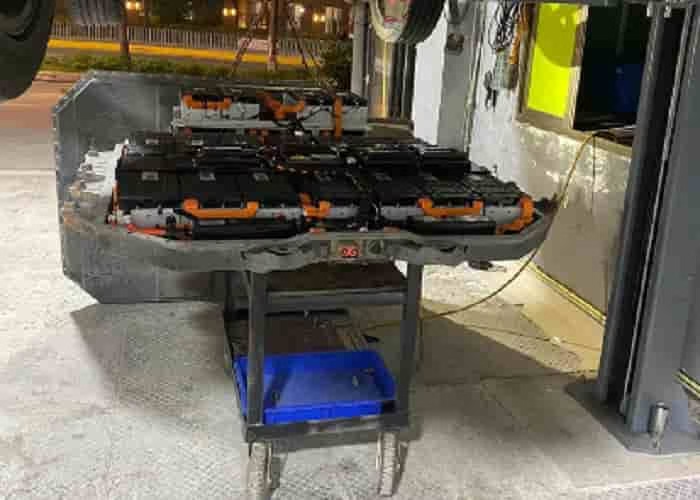
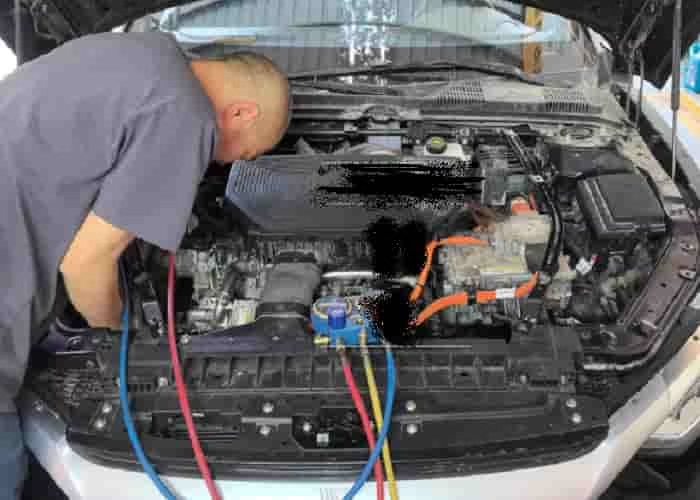
Leave a Reply